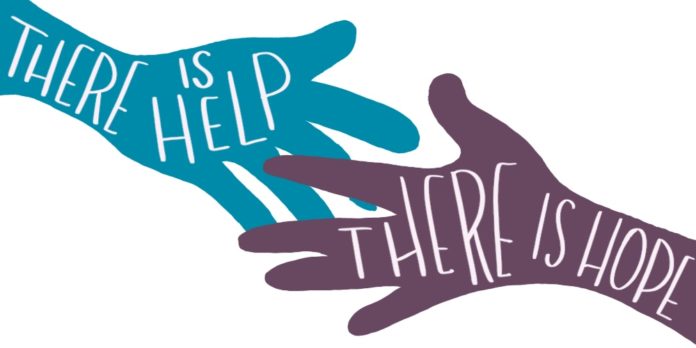September is recognized as National Suicide Awareness and Prevention month, however this topic is something that deserves more attention than 30 calendar days. The American College Health Association shows us that the suicide rate has tripled over the past 70 years for individuals between 15-24. For college students, suicide is the second most common cause of death.
With college comes new responsibilities and freedom that can become difficult for individuals in this new chapter. They are separated from what is familiar, away from their family and now forced to balance life on their own. This can be particularly challenging for someone who has struggled with depression or even suicidal thoughts.
The topic of suicide is viewed as taboo for many, causing others to struggle in silence. It is rarely talked about in the home, and many choose to ignore the word if it does not directly affect them. Addressing and beginning necessary conversations about suicide could save a life.
It can be difficult for individuals to know where to begin when wanting to bring this dark issue to the light. Many want to lend a helping hand, but do not know how to effectively do so. Knowledge is the first step one can take.
One can recognize the risk factors and signs, but this should not lead one to assume anything based off a just one sign. It is important to remember that some people who have the signs are not at risk, while some who do not have the signs are.
Labeling an individual based off of a preconceived list from the Internet is not the appropriate way to. Self-harm does not always indicate intent in suicide. Upbeat demeanor does not disprove the existence of suicidal thoughts. For some, suicide has been present in their family’s history. However, this does not mean that it will automatically affect them. If you are concerned about a friend or family member, it is important that you listen.
Hearing an individual talk about taking their life or not desiring to live anymore is a warning sign to act upon. Educate yourself on the resources available and understand how to converse about this topic. Encourage them to seek help.
There are many resources available that are important to be made aware of.
The National Suicide Prevention Lifeline is a free resource available at all hours. A trained crisis worker will speak with you and provide you with the help you need. This is available at 800-273-8255.
In addition, there are other helplines out there. The Alcohol and Drug Helpline is available for those seeking crisis intervention. Dial 800-923-4357.
There is not a single cause for suicide. As difficult of a topic this may be, taking the right approach can save lives. It is essential that all are made aware and have knowledge about suicide prevention. Proper awareness can start by having candid conversations.






